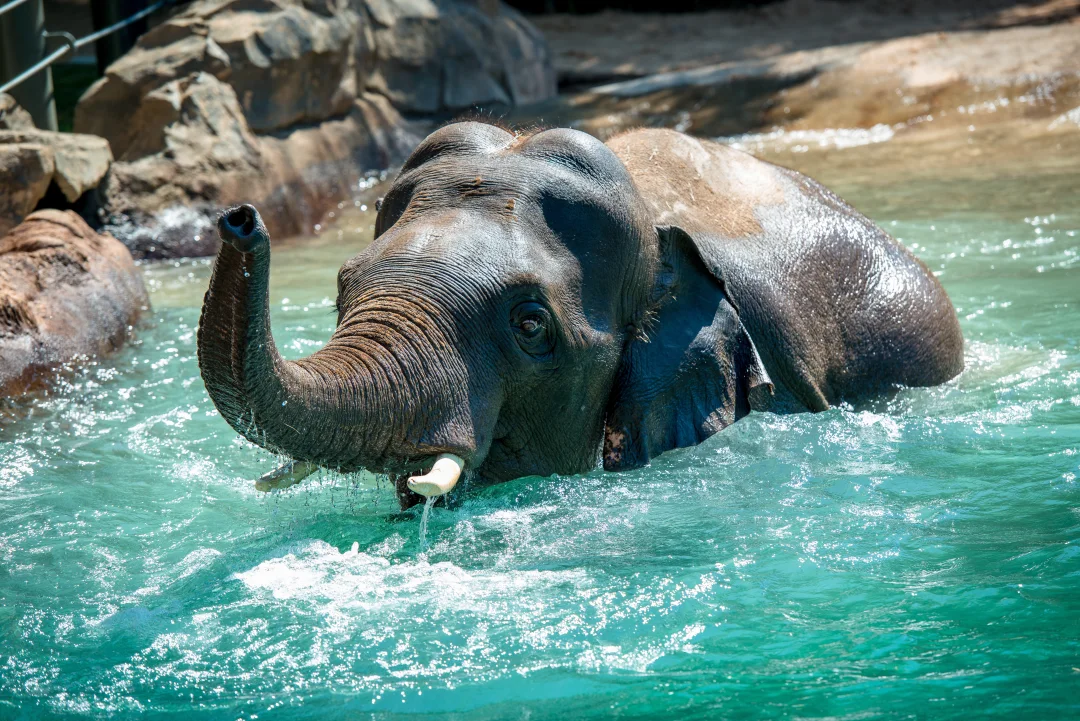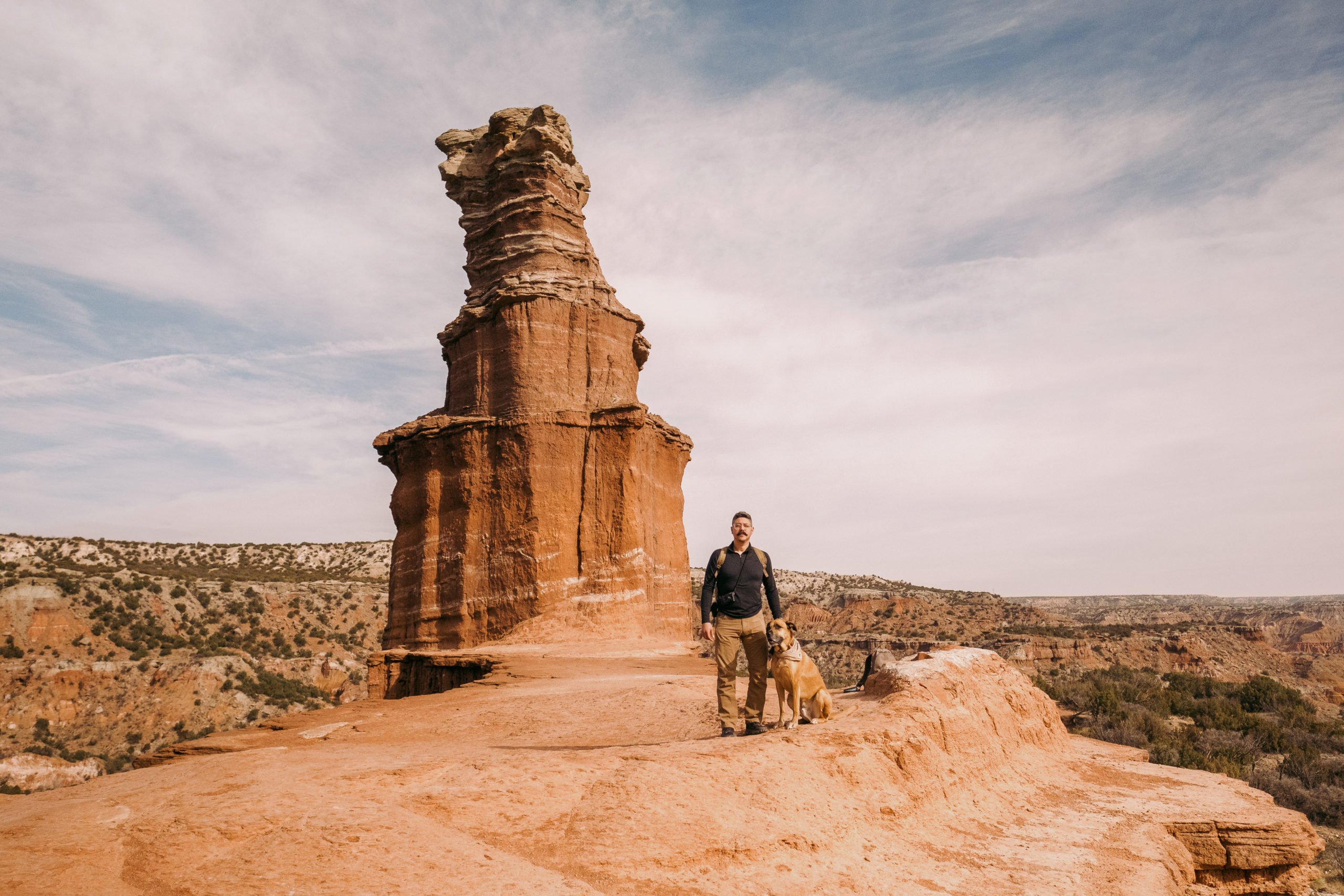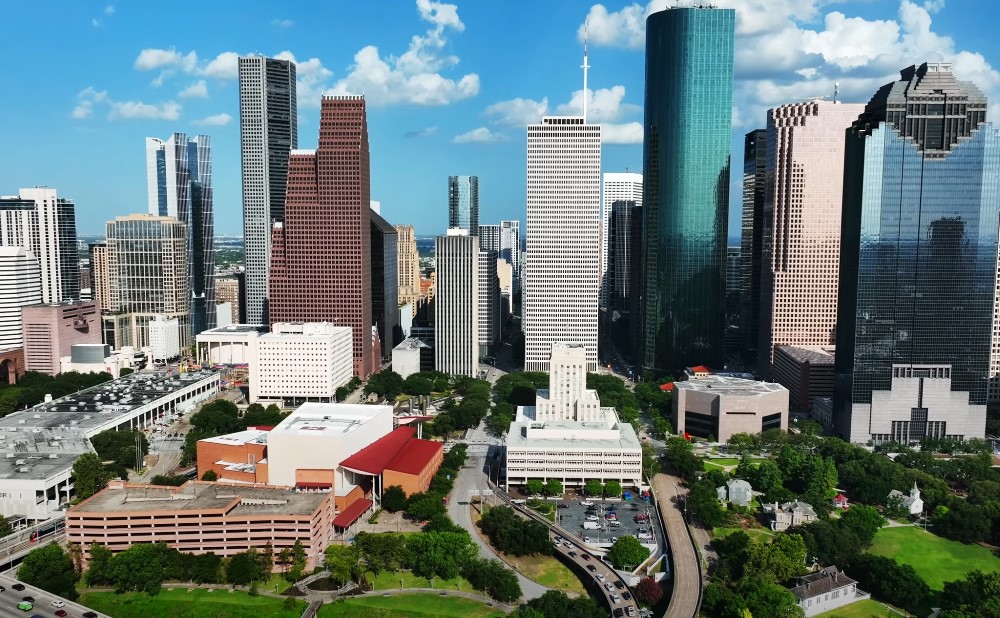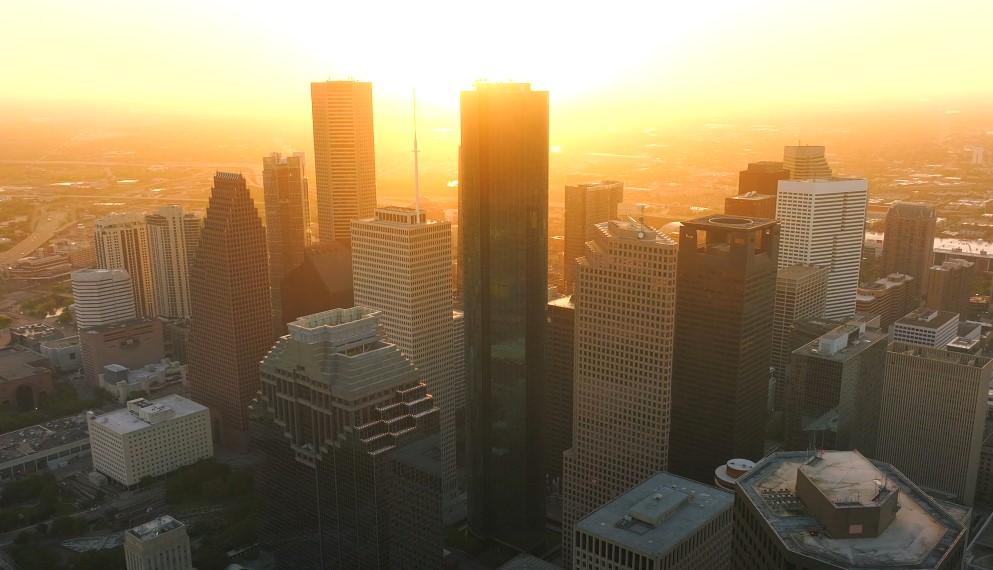Beryl started hitting coastal Texas with rain and strong winds on Sunday, prompting residents to board up windows, evacuate beach towns, and prepare for the storm that had already wreaked havoc in Mexico and the Caribbean.
Late Sunday, Beryl was still a tropical storm but expected to regain hurricane strength over the Gulf of Mexico before making landfall early Monday near Matagorda Bay, about 100 miles south of Houston.
Tropical storm winds extended 115 miles from the center, and the hurricane center warned of possible flash flooding in parts of Texas and Arkansas as the storm moves north and then northeast later Monday.
Texas officials warned of power outages and flooding but were concerned that not enough residents were evacuating.
Lt. Gov. Dan Patrick, serving as acting governor while Gov. Greg Abbott is overseas, said, “The roads leaving the coast are still green on the maps, so we don’t see many people leaving.”

Along the Texas coast, residents and business owners took storm precautions but were unsure about the storm’s intensity.
In Port Lavaca, Jimmy May boarded up his electrical supply company’s windows, recalling that his business had previously escaped flooding from a 20-foot storm surge.
“In town, if you’re in low-lying areas, you need to get out,” he said.
At the nearby marina, Percy Roberts helped his neighbor Ken Waller secure his boat as heavy winds rolled in. Waller, experiencing his first hurricane, said he’s nervous but feels safe following Roberts’ lead.
Farther down the coast in Freeport, retiree Mark Richardson noted that homeowners were busy securing their properties as ocean swells quickly rose. “The ocean is getting very angry, very fast,” he said.
Beryl, the earliest storm to develop into a Category 5 hurricane in the Atlantic, had already caused at least 11 deaths in the Caribbean. The storm’s winds and storm surge, fueled by the Atlantic’s record warmth, wreaked havoc.
Three times in its week-long existence, Beryl rapidly intensified, gaining 35 mph in wind speed in 24 hours or less.
Beryl’s rapid growth into a powerful storm highlights the hot water of the Atlantic and Caribbean and signals what the Atlantic hurricane season may hold, experts said.
🌪️ Hurricane Beryl becomes a powerful Category 5 storm, marking the earliest occurrence of such an intense storm in recorded history.
🛰️ Satellite GOES-16 provided this view, showing Beryl churning in the Caribbean Sea.
🔗 https://t.co/PibIthXe0o pic.twitter.com/64ZpeXcG7i
— World Meteorological Organization (@WMO) July 2, 2024
Texas officials warned the entire coastline to prepare for flooding, heavy rain, and wind. The hurricane warning extended from Baffin Bay to Sargent, south of Houston.
Beryl posed a potential heavy rain threat for Houston, which has recently experienced power outages and neighborhood flooding from storms. A flash flood watch was in effect for the Texas coast, with forecasts predicting up to 10 inches of rain in some areas.
Storm surges of 4 to 7 feet above ground level were expected around Matagorda, the same area hit by Hurricane Harvey in 2017 as a Category 4 storm.
Travelers looking to fly out of the area faced challenges as hundreds of flights from Houston’s two major airports were delayed or canceled on Sunday.
In Corpus Christi, officials asked visitors to cut trips short and return home early. Residents were advised to secure homes with plywood and sandbags to guard against flooding.

The White House reported that FEMA had deployed emergency responders, search-and-rescue teams, bottled water, and other resources along the coast.
Several coastal counties called for voluntary evacuations in flood-prone areas and banned beach camping, urging tourists to move RVs from coastal parks.
Earlier in the week, Beryl hit Mexico as a Category 2 hurricane, causing tree damage but no injuries or deaths before weakening over the Yucatan Peninsula.
Before reaching Mexico, Beryl caused destruction in Jamaica, St. Vincent and the Grenadines, and Barbados. Three deaths were reported in Grenada, three in St. Vincent and the Grenadines, three in Venezuela, and two in Jamaica.
Beryl is the 10th hurricane to hit Texas in July since 1851 and the fourth in the last 25 years, according to hurricane researcher Phil Klotzbach from Colorado State University.
















